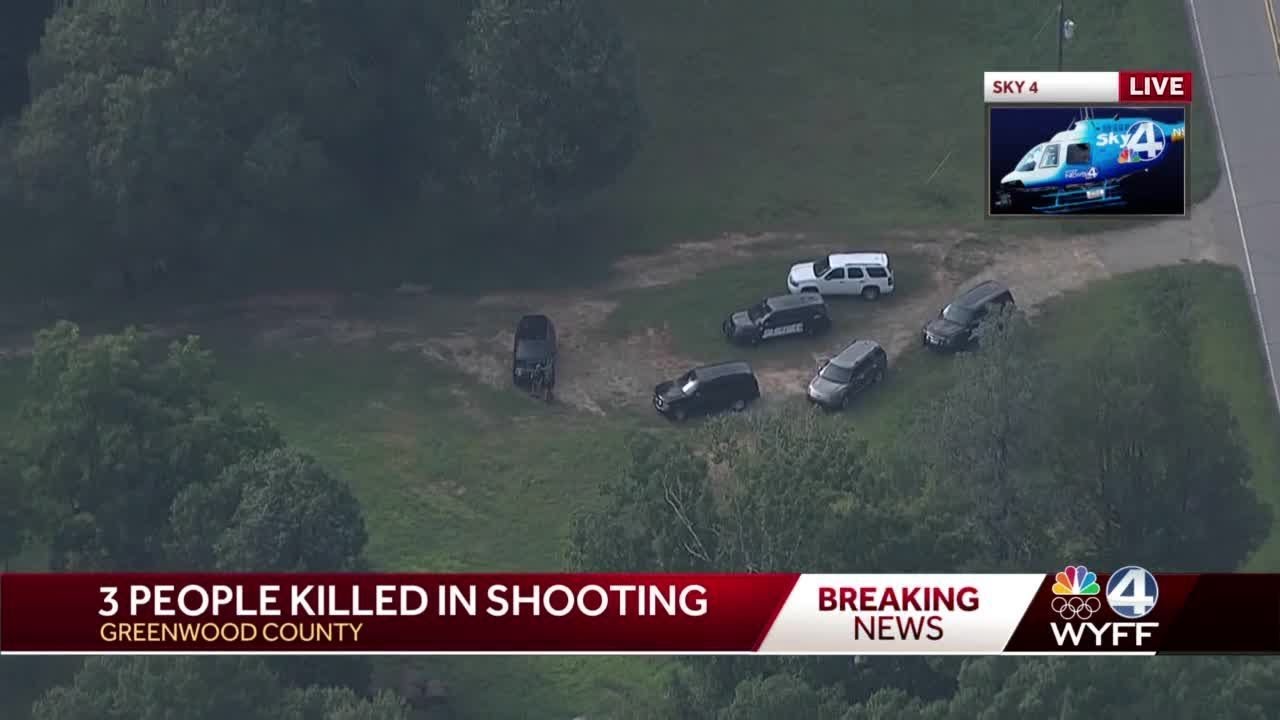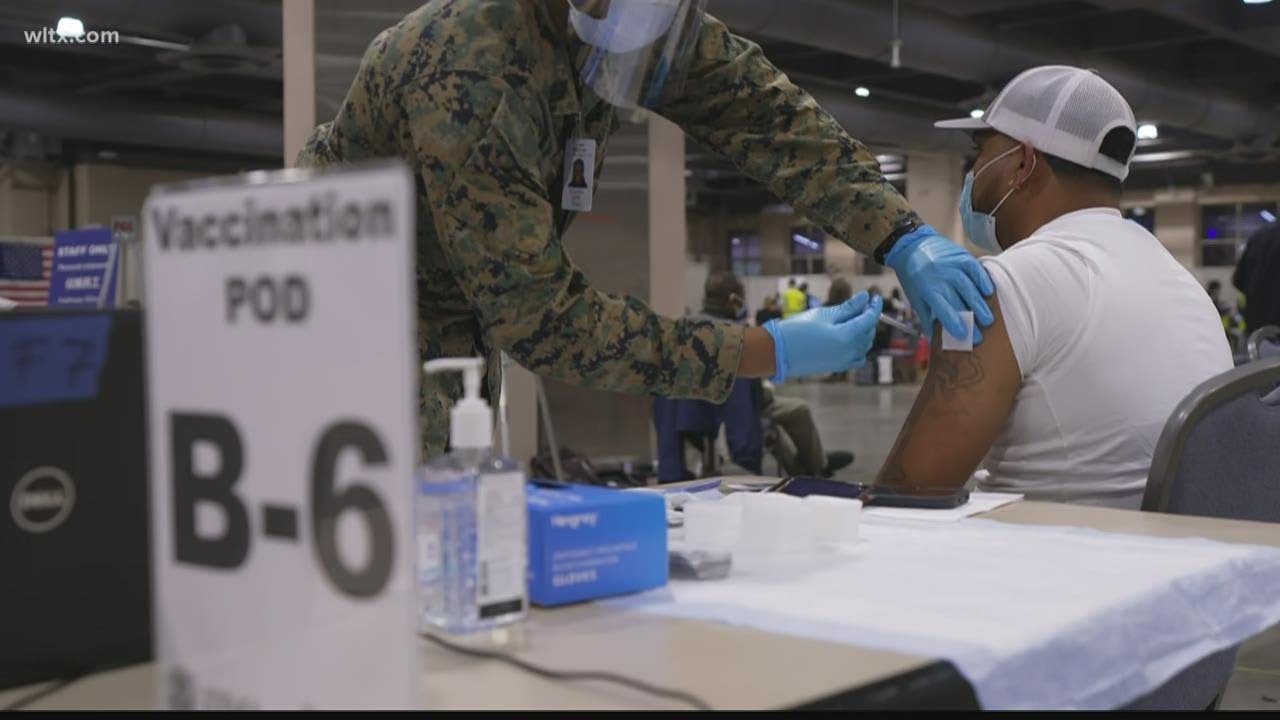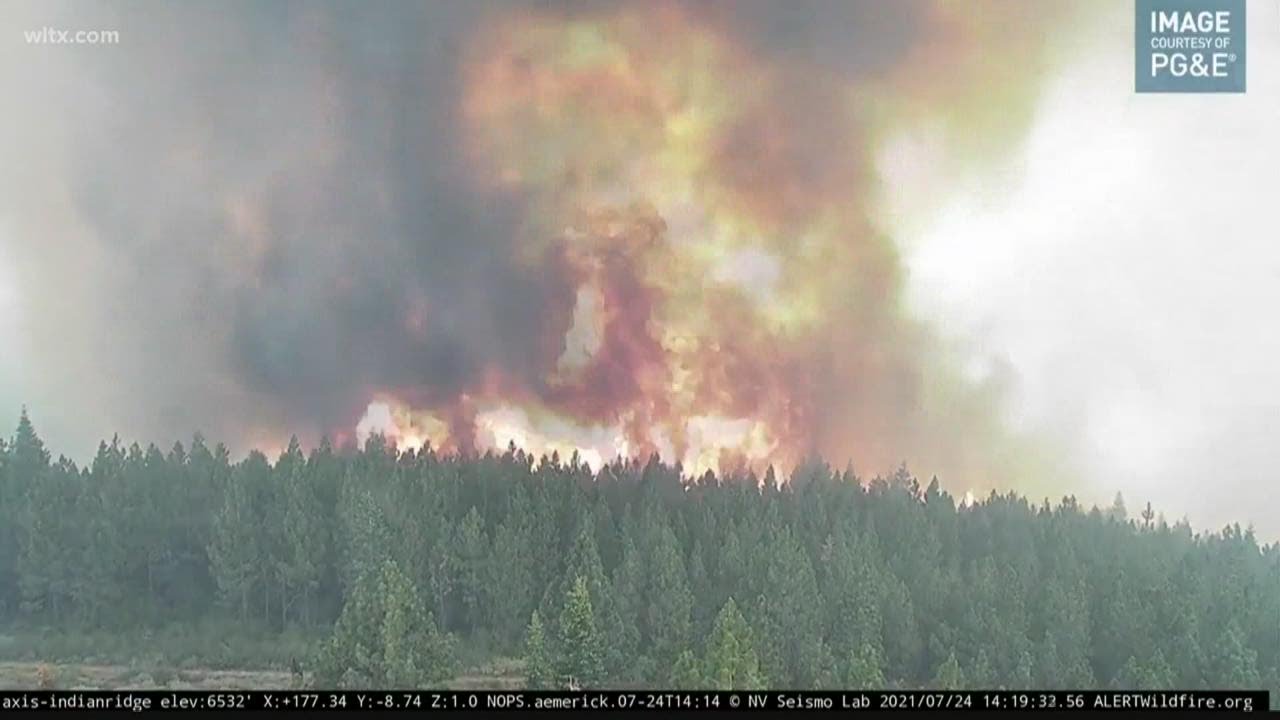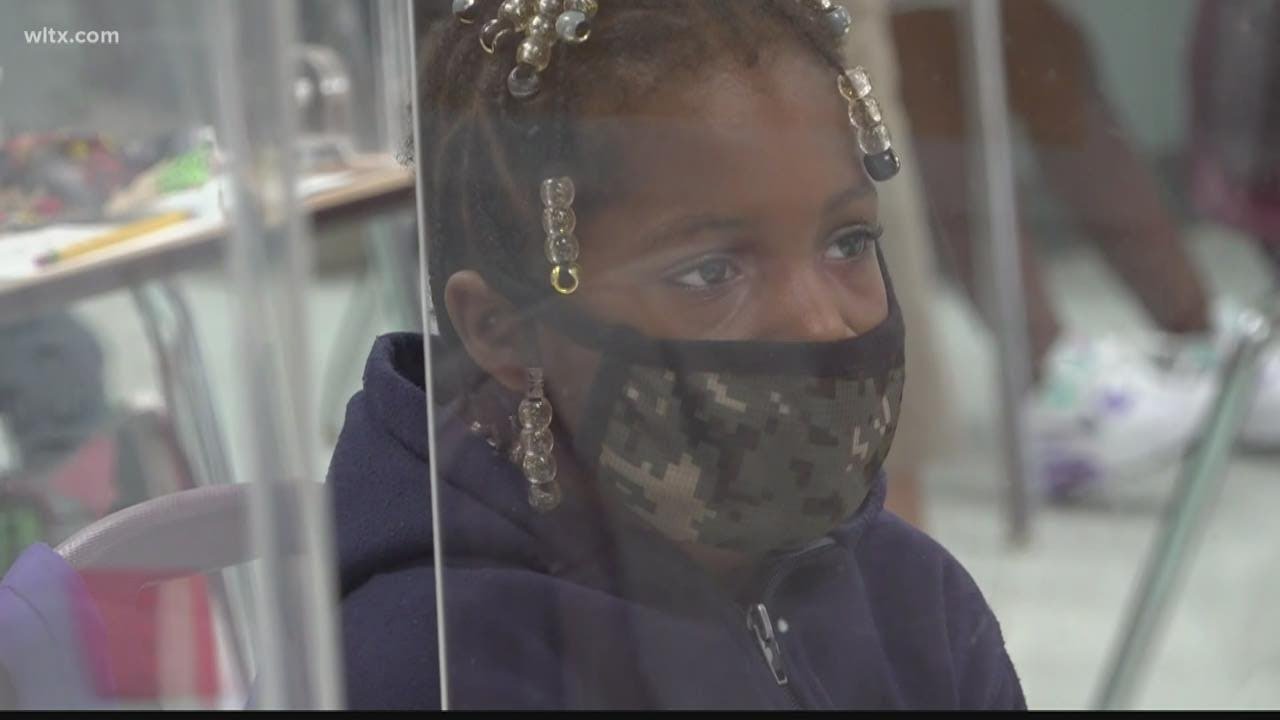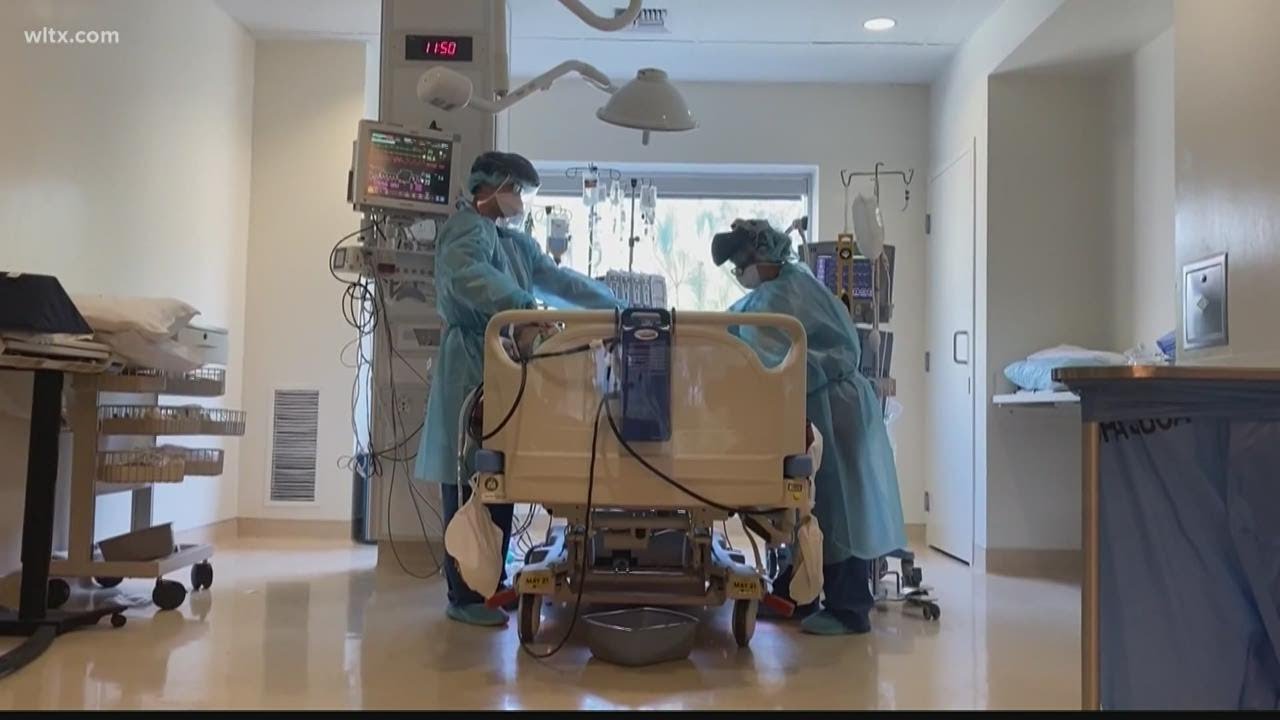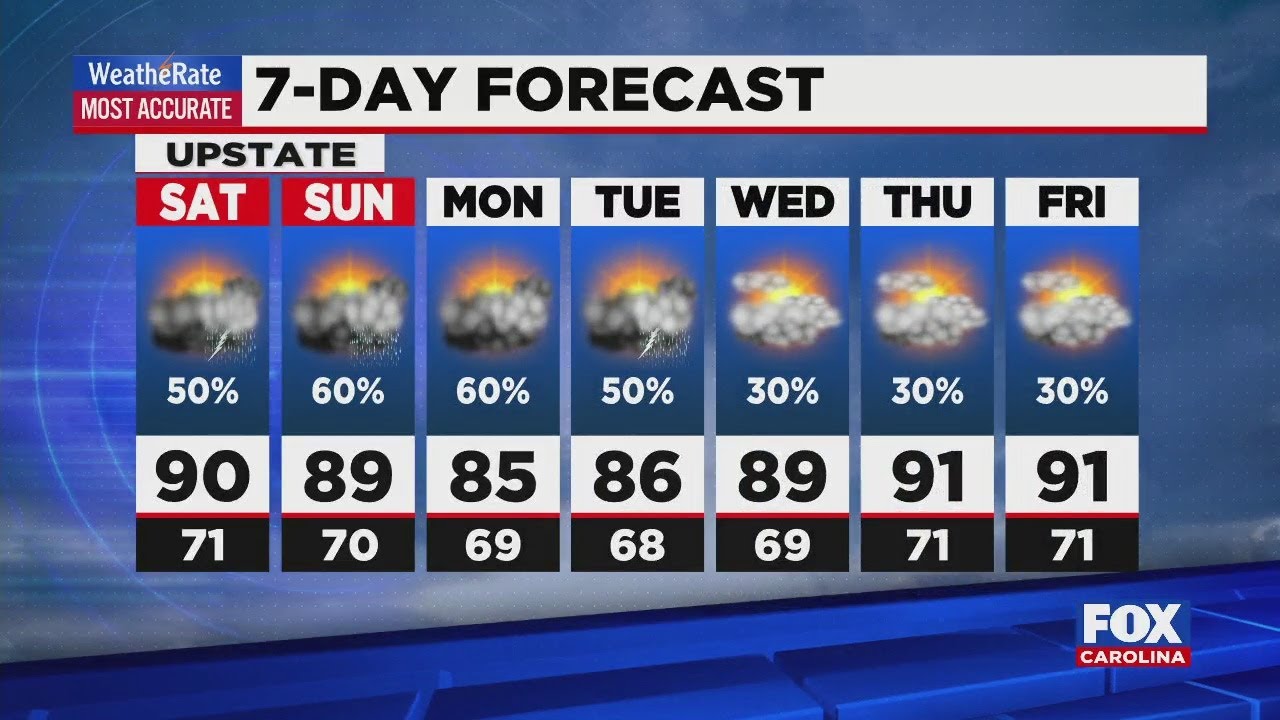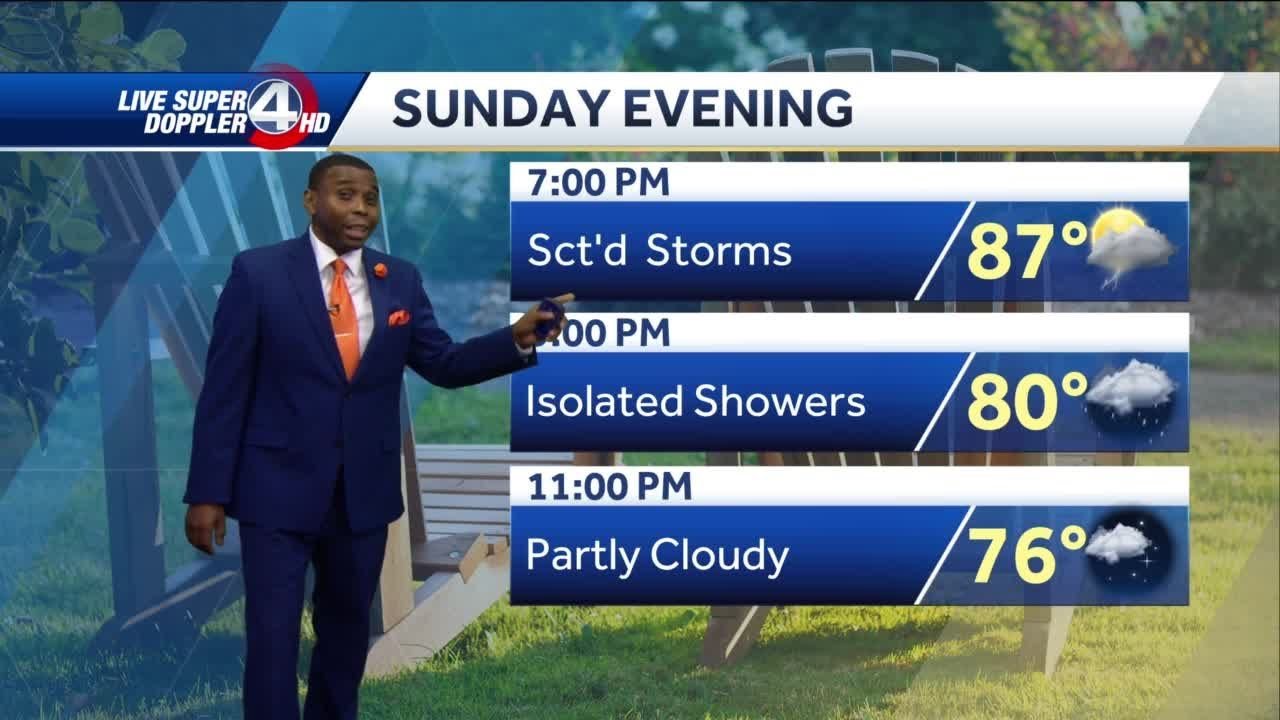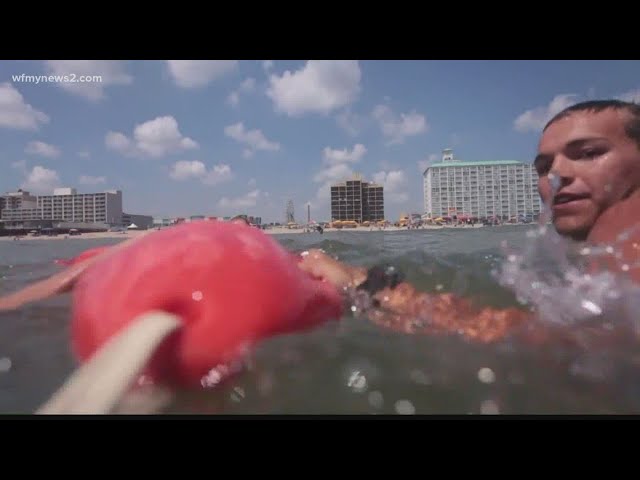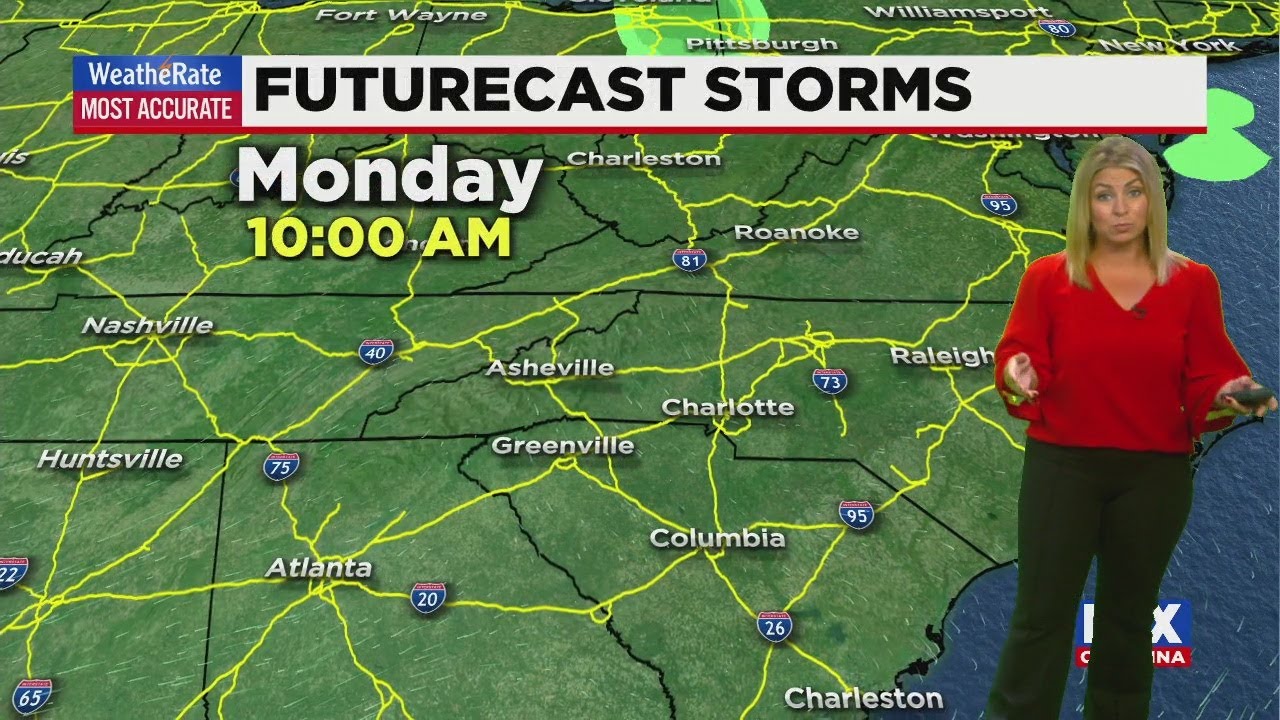Thursday’s top stories: New York braces for a surge in coronavirus cases as senators pass $2.2tn economic stimulus package. Plus: UN warns pandemic could cause global food shortage
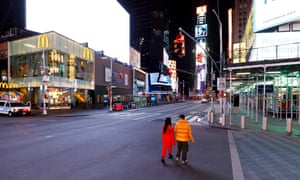
People walk through a nearly empty Times Square in New York.
Photograph: Justin Lane/EPA
Good morning, I’m Molly Blackall with today’s essential stories.
Senate unanimously passes $2tn stimulus package
The US Senate voted 96-0 to pass the $2.2tn emergency relief package agreed on Wednesday by the White House and Senate leaders. It came after a last-minute amendment from Republican senators, who argued that the bill would encourage workers to take unemployment payments over a job, which failed. The bill includes funds for hospitals, the unemployed, businesses, and direct payments to American families, and offers a combination of grants and loans.
Meanwhile, Donald Trump launched his latest tirade against the media, accusing them of wanting to keep the US shut during the coronavirus outbreak in order to reduce his chance of re-election. He lashed out at suggestions that his intention to open the economy by Easter was politically motivated, while public health experts warned of the risks of reopening the economy prematurely.
-
Christian leaders joined Democratic frontrunner Joe Biden and a number of state officials in criticising the president’s Easter timeline.
-
Deaths in the US exceed 1,000. The number of confirmed cases of coronavirus has risen to 69,197, with 1,046 deaths and 619 recoveries.
New York braces for coronavirus surge
Frontline medical workers in New York are preparing for an upsurge in the number of coronavirus patients, with hospitals attempting to rapidly expand their intensive care units and directing patients with cuts and breaks to private practices. New York authorities are also seeking to open up makeshift hospitals in hotels and dormitories, while governor Anthony Cuomo has called on retired healthcare workers to volunteer.
In better news, Cuomo also said that early signs show that social distancing may be working. According to the governor, the number of hospitalisations were projected to double every 4.7 days on Tuesday, instead of the 3.4-day projection given on Monday. About 56% of all the cases in the US, and 60% of new cases, were in the New York metro area, according to Dr Deborah Birx, part of the White House taskforce.
Your questions answered
-
Men are much more likely to test positive and to die from coronavirus, in a trend replicated across the world. We ask the experts why.
-
How long does coronavirus survive on different surfaces? Experts respond to common questions on the spread of the disease
UN: Covid-19 could cause global food shortage
Protectionist policies by national governments during the coronavirus pandemic could cause food shortages across the world within weeks, the chief economist at the UN Food and Agriculture Organisation told the Guardian. The crisis has caused a shortage of field workers and a shift to protectionist measures including export bans and tariffs, but the economist warned that restricting the flow of food was the “worst that can happen”.
-
Japan. Residents in Tokyo have been told to stay at home “at all costs” to avoid an “explosion” of coronavirus cases. While Tokyo does not yet have the restrictions seen in countries like the UK, the city’s governor, Yuriko Koike, described the situation as “severe”, and a panel of experts said on Thursday that Covid-19 infections could be “rampant” across the country.
-
World Cup. Migrant labourers building infrastructure for the 2022 World Cup are still being sent to work in Qatar despite a ban on all forms of gathering during the coronavirus outbreak. Workers told the Guardian it was “business as usual”, with long shifts and few health checks.
And in other news…
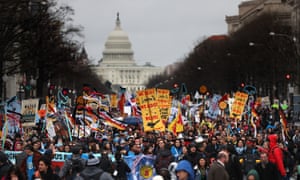
-
A federal court rejected permits to build the Dakota access pipeline yesterday, following an environmental review. The ruling marks an enormous victory for the Standing Rock Sioux tribe in North Dakota, which had sued the US government to prevent the pipeline being built on tribal lands, in a project deemed to be environmentally damaging.
-
The man charged with murdering 51 people at two mosques in Christchurch, New Zealand, has made a sudden change to his plea to admit all charges. The defendant had maintained a not-guilty plea throughout, but since his admission his trial has been called off and he has been convicted of all charges, much to the relief and shock of those injured or bereaved. The attacks, which were live-streamed online last year, are considered to be the worst massacre in the country’s modern history, injuring a further 40 people.
-
A former FBI agent who disappeared in Iran in 2007 died in Iranian custody, his family have said. The US originally claimed Robert Levinson had visited the country on his own initiative, but it was later revealed he had been sent by CIA analysts who lacked the authority to run operations. The family said they had been told by US officials, but did not know the details of his death, only that Levinson died prior to the coronavirus outbreak.
-
Global efforts to help reverse damage to the ozone layer appear to be working. The southern jet stream is beginning to return to a normal state after decades of disruption from human activity, a study has shown. According to scientists, the study shows it is possible to heal aspects of the climate if governments act together, and act fast.
Must reads
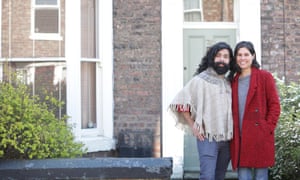
Your place or mine?
Couples who’ve had to decide whether to move in together or stay apart talk about life in quarantine, with or without their significant other. Meanwhile, Jack Shenker explores the impact of the pandemic on citiesand housing, from densification to globalisation, and what this might mean for our urban spaces after the outbreak.
Amy Poehler: How would Knope cope?
The Parks and Recreation star talks about the continuing relevance of the workplace comedy and how her character Leslie Knope would manage during the coronavirus pandemic. Plus, the creation of Galentines Day, and her new project with the writers behind The Simpsons.
Trump vs other world leaders: social distancing
Photographs of world leaders practising social distancing, compared with the most recent photographs of Donald Trump, show a notable difference in their approaches to coronavirus. If you’re taking social distancing more seriously than the president, Jack Schofield takes you through the best tablets for elderly relatives who might be less computer-literate.
Covid-19’s economic victims
While coronavirus is yet to take a hold on Kansas City, the economic impact of the pandemic has hit residents in its poorest neighbourhoods hard. Many have lost their jobs, and are now running out of food. Chris McGreal meets the economic victims of coronavirus. Plus, small businesses warn they may not survive the pandemic.
Opinion
The purported decision between the economy and public health has troubling intellectual roots, writes Siva Vaidhyanathan, arguing that we shouldn’t buy into the narrative of economy before all else.
Economism is a belief system that leads people to believe that everything can be simplified to models and curves, and that it’s possible to count and maximize utility in every circumstance. What economism misses includes complexity, historical contingency, and the profound, uncountable power of human emotion.
Sign up
The US morning briefing is delivered to thousands of inboxes every weekday. If you’re not already signed up, subscribe now.


